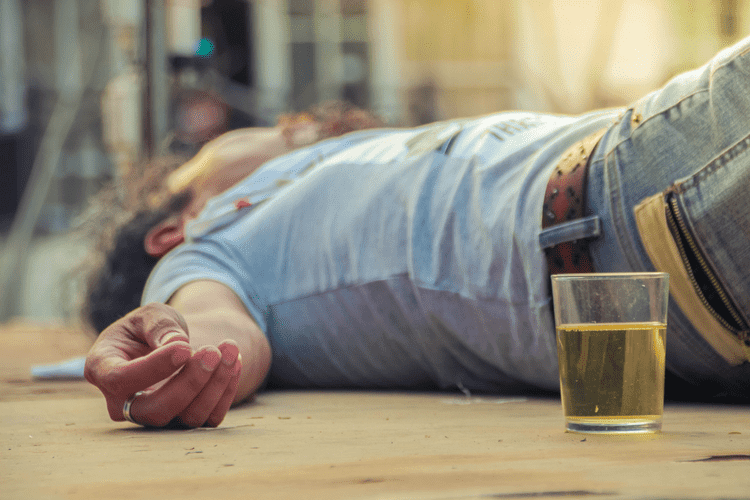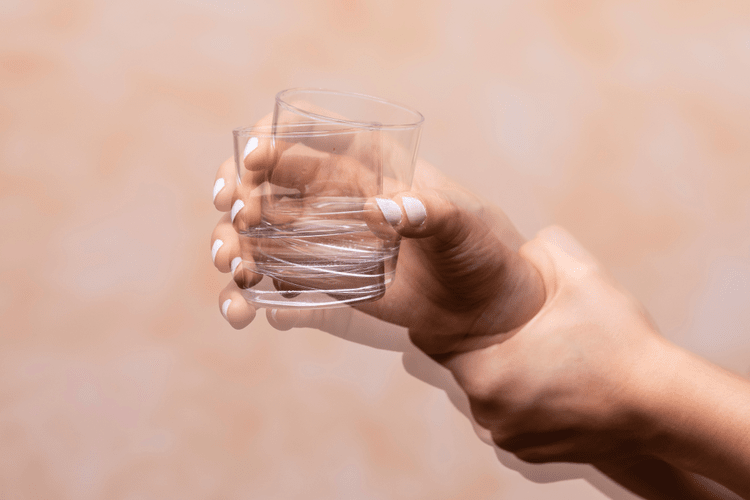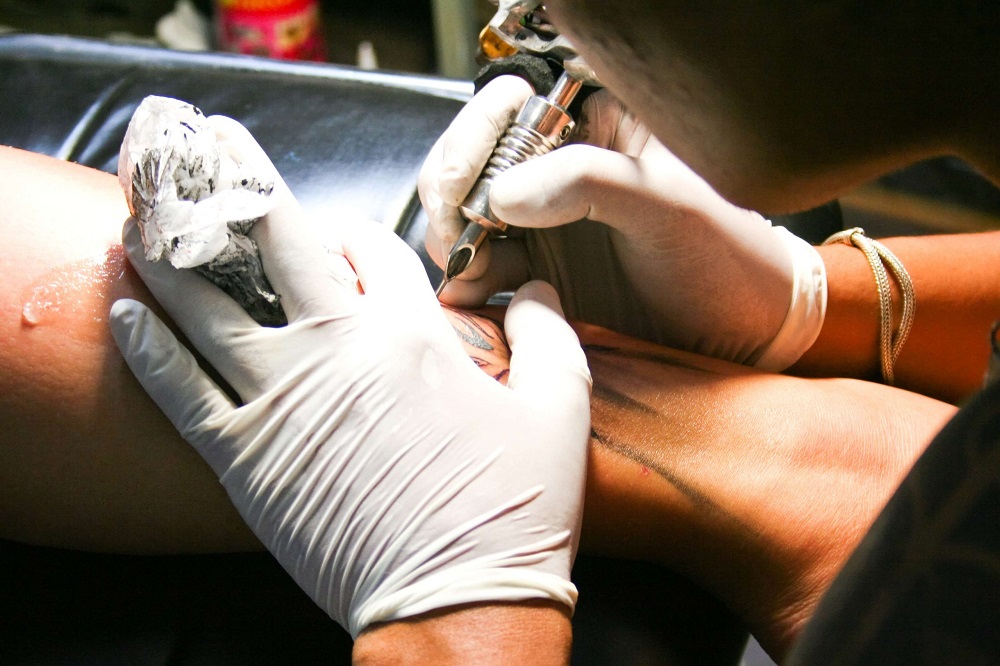15 Signs Your Body Is Telling You You’re Drinking Too Much
Join 40,000+ People Who Receive Our Newsletter Get valuable resources on addiction, recovery, wellness, and our treatments delivered directly to your inbox. However, it’s why does alcohol make you hot important to know the signs of alcohol poisoning, especially after an episode of binge drinking. However, if you’re also experiencing red, itching, or tingling skin, you could be dealing with alcohol flush. Substance use may be part of your story, but it doesn’t have to be the rest of it. Sustainable recovery is possible and the best version of yourself is waiting at our Atlanta and Savannah, Georgia addiction recovery centers.
Can I still experience sweating after drinking coffee if I’m not sensitive to caffeine?

I’ve spent the last seven years researching and understanding alcoholism, addiction, and how people get sober. Additionally, I examine the way mental and physical health as well as our relationships with others impact the reasons people drink and their role in maintaining sobriety long-term. For example, try avoiding alcohol altogether or sticking to white wine instead.

Alter Your Personal Care Routine
These toxins can be eliminated through sweat, leading to an increase in body odor. Anyone with AUD should talk to a doctor before quitting drinking cold turkey. They can refer you to a medical detox program in which you receive withdrawal medications like benzodiazepines and 24/7 medical care and supervision in a hospital setting.
- Excessive sweating when drinking alcohol can be a sign that something is wrong.
- Factors such as the impact of alcohol on the central nervous system and genetic predispositions play a significant role in this phenomenon.
- It helps people have fun, feel more confident, and even enjoy themselves in the company of others.
- Over-the-counter antiperspirants contain aluminum chloride, which can help to reduce sweating.
- Managing withdrawal symptoms can be challenging, and medical advice may be necessary.
- Together we can work to identify any potential causes for your symptoms and develop a plan for treatment.
Identifying Physical Signs of Alcoholism:
As a result, frequent drinkers may experience more pronounced disruptions in body temperature regulation, increasing the likelihood of night sweats. If you or a loved one are experiencing excessive sweating at night alcohol may be the culprit. Alcohol-related symptoms such as this can be alarming and uncomfortable. If you have noticed that these night sweats occur after drinking or during attempts to cut back on alcohol, rest assured that you are not alone.

Other Causes of Night Sweats
- In other words, sweating while drinking can actually be somewhat dangerous in winter.
- Remember, while self-care strategies can be beneficial, professional medical advice should always be sought if alcohol withdrawal symptoms persist or worsen.
- This dilation increases blood flow to the skin’s surface, which can make you feel warm and trigger sweating.
With the right strategies and support, individuals can overcome these challenges as part of their journey toward recovery from alcohol dependency. Night sweats may also result from alcohol withdrawal or Drug rehabilitation alcohol intolerance. For people who already experience night sweats, including those going through menopause, consuming alcohol can worsen the sweating. A few drinks may cause your heart to accelerate, which further increases the chances of flushing and sweating. Dr Jain says, “Alcohol impacts the central nervous system, the circulatory system, and every part of your body.
- Research has shown that chronic alcohol consumption can impair metabolism by decreasing fat oxidation and increasing fat deposition, leading to an increase in body weight.
- Everyone’s unique metabolizing speed and natural sweating levels can cause them to react differently to alcohol.
- Drinking a lot of alcohol can affect the muscles in your blood vessels, and it causes them to constrict and become narrower, which increases blood pressure (a.k.a. hypertension).
How alcohol detox promotes mental clarity and emotional healing
The diuretic effect of alcohol can also contribute to dehydration, prompting the body to generate sweat to cool itself down. This reaction not only increases the likelihood of night sweats but also impacts overall comfort and sleep quality. Alcohol consumption can disrupt the hypothalamus, which is responsible for regulating body temperature through hormone control. This disruption leads to temperature fluctuations, which can further contribute to night sweating Harmony Ridge Recovery Center. The potential long-term effects on overall health are also a concern when it comes to frequent alcohol-induced night sweats. Alcohol also has a significant impact on the central nervous system and sweat glands.
How PHPs create a foundation for lasting recovery
All alcoholic beverages are capable of causing night sweats, including beer. If you have been drinking an excessive amount of beer, or you regularly consume beer, you may end up experiencing night sweats due to alcohol consumption or alcohol withdrawal. Excessive sweating at night alcohol-related issues can be more than just an annoyance—they can indicate a deeper problem that requires attention. Whether you’re experiencing night sweats due to occasional drinking or withdrawal, San Diego’s Pacific Bay Recovery is here to help. Our medical detox and comprehensive treatment programs provide the support you need to reclaim your health and well-being.

